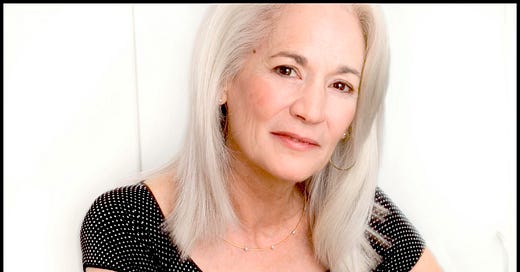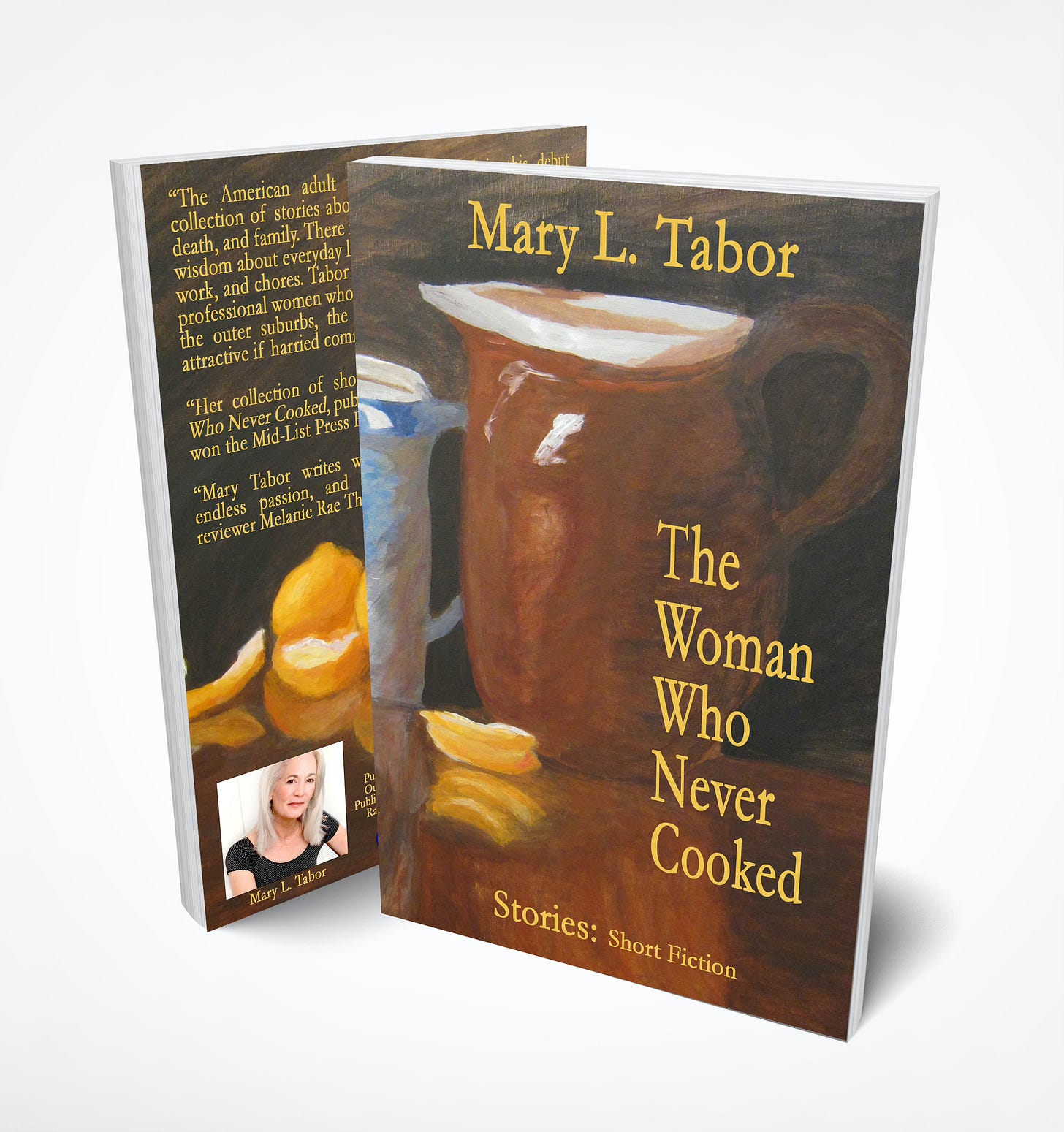Permissions and Acknowledgements
Come at the end? Start at the beginning … Table of Contents
Grateful acknowledgment is made to the following for permission to reprint previously published material.
D.H. Lawrence: excerpt of "Kisses in the Train," from THE COMPLETE POEMS OF D.H. LAWRENCE by D.H. Lawrence, edited by V. de Sola Pinto & F. W. Roberts, copyright (c) 1964, 1971 by Angelo Favagli and C. M. Weekley, Executors of the Estate of Frieda Lawrence Ravagli. Used by permission of Viking Penguin, a division of Penguin Group (USA) Inc.
Wendy Doniger: Excerpt from The Bedtrick, Tales of Sex & Masquerade, University of Chicago Press, 2000, by permission of the author.
Salman Akhtar: Excerpt from Broken Structures: Severe Personality Disorders and Their Treatment. Copyright 1992 by Jason Aronson, Inc. Reprinted by permission of Rowman & Littlefield Publishing Group.
Maurice Blanchot: Excerpt reprinted from The Writing of the Disaster by Maurice Blanchot, translated by Ann Smock, by permission of the University of Nebraska Press. Copyright 1986 by the University of Nebraska Press.
John Hitchcock: Except from At Home in the Universe: Re-envisioning the Cosmos with the Heart by John Hitchcock (West Chester, PA: Chrysalis Books, 2001) appears courtesy of the Swedenborg Foundation.
Dana Gioia: Excerpt of "Voyeur," from Interrogations at Noon, 2001 Graywolf Press, by permission of the author.
John Updike: Excerpt from Self-Consciousness, First Ballantine Books Edition, NY, 1990, deemed fair use by Random House, Inc.
E. E. Cummings: The lines from: "since feeling is first". Copyright 1926, 1954, © 1991 by the Trustees for the E. E. Cummings Trust. Copyright © 1985 by George James Firmage, from Complete Poems: 1904-1962 by E. E. Cummings, edited by George J. Firmage. Used by permission of Liverwright Publishing Corporation.
Ethel Spector Person: Excerpt from Dreams of Love and Fateful Encounters: The Power of Romantic Passion, W. W. Norton & Company, Inc., 1988. Reprinted with permission from Dreams of Love and Fateful Encounters (Copyright 2007) American Psychiatric Publishing, Inc.
James Hollis: Excerpt from The Middle Passage: From Misery to Meaning in Midlife, Inner City Books, copyright 1993. Reprinted with permission of Daryl Sharp, publisher, Inner City Books.
Dorothy Parker: "General Review of the Sex Situation", copyright 1926, renewed © 1954 by Dorothy Parker; copyright © 1973, 2006 by The National Assoc. for the Advancement of Colored People, from The Portable Dorothy Parker by Dorothy Parker, edited by Marion Meade. Used by permission of Viking Penguin, a division of Penguin Group (USA) Inc. Used by permission of Gerald Duckworth & Co Ltd.
Hélène Cixous: Excerpt from Three Steps on the Ladder of Writing by Hélène Cixous, translated by Susan Sellers, copyright Columbia University Press, 1993. Used by permission of Columbia University Press and by permission of the author.
Robert Hass: Excerpt from "Privilege of Being", from Human Wishes by Robert Hass, copyright 1989 by Robert Hass, The Ecco Press by permission of the author.
John Berger: Excerpt from About Looking, copyright © 1980 by John Berger, First Vintage International Edition 1991. Deemed "fair use" by Random House.
T.S. Eliot: Excerpt from "East Coker" in Four Quartets, copyright 1940 by T.S. Eliot and renewed 1968 by Esme Valerie Eliot, reprinted by permission of Houghton Mifflin Harcourt Publishing Company. Excerpt from "Little Gidding" in Four Quartets, copyright 1942 by T.S. Eliot and renewed 1970 by Esme Valerie Eliot, reprinted by permission of Houghton Mifflin Publishing Company.
Wallace Stevens: Excerpt from "The Planet on the Table", from The Collected Poems of Wallace Stevens by Wallace Stevens, copyright 1954 by Wallace Stevens and renewed by Holly Stevens. Used by permission of Alfred A. Knopf, a division of Random House, Inc.
Vladimir Nabokov: Excerpt from Lolita by Vladimir Nabokov copyright © 1955 by Vladimir Nabokov. Used by permission of Vintage Books, a division of Random House, Inc.
W.H. Auden: Excerpts from "Leap Before You Look", copyright 1945 by W.H. Auden, "Lullaby (1937)", copyright 1940 & 1968 by W.H. Auden, W.H. Auden, "Twelve Songs", copyright 1937 and renewed 1965 by W.H. Auden, from Collected Poems of W.H. Auden by W.H. Auden. Used by permission of Random House, Inc., and the Wylie Agency for the estate of W.H. Auden.
Elizabeth Bishop: Excerpt from "One Art" from The Complete Poems 1927-1979 by Elizabeth Bishop. Copyright © 1979, 1983 by Alice Helen Methfessel. Reprinted by permission of Farrar, Straus and Giroux, LLC.
About the author
Hope you’ll forgive the self-promotion that follows—I started late and don’t believe in ever giving up … xxxx M.
I’m the author of Who By Fire: a novel and The Woman Who Never Cooked, connected short stories, which won Mid-List Press's First Series Award and was published when I was 60.
My short stories have won numerous literary awards. Experience? spans the worlds of journalism, business, education, fiction and memoir writing. High school English teacher who joined the business world, left me corporate job when I was 50 to earn an MFA degree. Was a Woodrow Wilson Visiting Fellow before that program recently ended. Taught many years at George Washington University, worked with less-privileged populations at the D.C. library on how to get started writing.
I lived for many years in the Penn Quarter in downtown D.C. and now live, write and teach in Los Angeles, California.
Also by Mary L. Tabor
Who by Fire: a novel Now up here on Substack
Who by Fire is told by Robert, Lena's husband, as he attempts to understand her affair with Isaac, an affair that he has become aware of after her death. He imagines the story of his wife and her lover. Robert the narrator is trying to know himself in the story he is writing as he tells his imagined version of his wife's betrayal. The story becomes a paradoxical tale of his own undoing that he comes to realize by telling it. In the epigraph to the novel, Robert says, "Life has a way of raveling. Story discovers how it happened. That is the fiction." This is the reader's first introduction to Robert's persona, a man who must control the world he inhabits. The telling of the story as he imagines it, reveals more than he would have wished and as this occurs, his telling moves into real time, for there is no way for him to deal with what he discovers except to report what is actually happening versus what he has imagined.
Margaret Brown, editor-in-chief and CEO of Shelf Unbound, What to read next in independent publishing selected Who by Fire for a profile and interview:
Shelf Unbound Interview with Brown
Reviews
Robert Olen Butler, winner of the Pulitzer Prize for A Good Scent From a Strange Mountain: “Mary L. Tabor's Who by Fire is a lovely, innovative, deeply engaging novel about how it is that human beings make their way through the mysteries of existence.”
Lee Martin, author of Break the Skin and The Bright Forever, finalist for the Pulitzer Prize: “Mary Tabor's Who by Fire, is a lyric meditation on love and desire, one that will catch you up in the blaze of its eroticism, its tender evocation of love and the passions and accommodations of a life lived through the flesh and through the imagination. Can memory lead to forgiveness? Who by Fire explores that question in a story I won't soon forget. The beauty of the prose, the nuances of the characters, the ever-building plot—everything is in place for a novel that will touch you in all the right ways.”
Marly Swick, author of Paper Wings and The Evening News: “Who By Fire is a profound and lyrical novel, deeply felt and deeply moving. Intricately layered, this novel loops through time with the dare-devil courage and grace of a seasoned stunt pilot. In the narrator's unflinching journey of self-discovery, he comes to understand the past, both his failures and his saving graces. In the end, it is a hero's journey, both for the narrator and the reader. This is beautiful truth.”
Michael Johnson, foreign correspondent and writer for The International Herald Tribune, American Spectator, Open Letters Monthly, The Columnists.com and Facts and Arts: “Mary Tabor's captivating story of love and death tackles the tangle of relationships within and outside the bonds of marriage. Her eye-popping knowledge of men's and women's behavior is effortlessly recounted as couples face their anguished choices. Set in a world of art, music, anthropology and science, her novel enlightens the mind while it stirs the emotions. She does all this in a confident style of prose that ranks her alongside the finest novelists working today.”
Also:
The Woman Who Never Cooked
The Woman Who Never Cooked: Stories (First Series: Short Fiction, MidList Press, Emerging Writer Award)
The American adult woman is featured in this debut collection of connected stories about love, adultery, marriage, passion, death, and family.
The secret of this book is that it is the story of one woman who hides inside the stories and is fully revealed through this tour through her life. Publisher describes the book this way: “Take a dizzying tour of life's betrayals in this tightly linked collection of stories. Rejected by a lover or a husband, having lost a parent, a sibling, some of the characters go a bit mad, make up an imaginary lover, are driven toward sex, toward adultery. All are obsessed with what can be hidden and what cannot because all have been betrayed. And all of them cook as antidote. But what if the woman hidden at the heart of this book discovers one day that she no longer can cook?”
• Winner Mid-List First Series Award for Short Fiction.
• Grand Prize, Santa Fe Writers Project 2000 Literary Awards for a smaller group of the short stories: “The Burglar” “Sine Die” “To Swim?”
• The book has also been chosen by the American Library Association and is available in libraries across the country.
Reviews:
“To get to know the heroines of Mary L. Tabor's The Woman Who Never Cooked, you'll have to head to the kitchen. Navigating family life, they savor foods that celebrate Jewish culture and identity, like the lemon meringue pie whose riddle of a recipe "The Woman Who Never Cooked" solves in her Talmudic musing, or the challah bread whose family recipe she discovers "under S for Sonya," a fabled pogrom survivor. The women concoct meals to make peace with their pasts: a hidden pie that might spark infidelity, hot peppered fish to entice an alliance between an aunt and her motherless niece. In these still, witty stories, Tabor sets a rich table.” —Image Journal
“It's the absences that Tabor relies upon—the subject too painful to broach, the person on the bus one sees each day but is afraid to approach—that make these stories stand out. The emotions beleaguering the characters are not secrets, but the ways they cope with the emptiness in their lives are well wrought, unique, and surprising. It's definitely a challenging recipe for a writer's debut, one that Mary Tabor accomplishes with the expertise of a more experienced master chef.” —The Mid-American Review
“There is a subtle humor here, and an innate wisdom about everyday life as women find solace in cooking, work, and chores. Revealed here are the hidden layers of lives that seem predictable but never are. Reading Tabor's wry tales, one has the sense of entering the private lives of the women you see everyday on your way to work.” —Booklist
“This book has an adult sense of wisdom earned through pain, a combination of compassion and narrowed, cold eye, and a clarity of understanding of sexuality I find unique. I loved reading about these women: grown-ups written well are rare. I found the collection richly made, unafraid, full of woundedness and strength.” —Frederick Busch
“Mary Tabor writes with astonishing grace, endless passion, and subtle humor. She moves fearlessly into the troubled hearts of her people to explore the territory of loss and betrayal with unparalleled fervor. She is a magician and an inventor, a master of form whose brilliant sleight of hand leaves the reader joyfully bedazzled. Through the power of her vision and the daring agility of her prose, Mary Tabor dances us to the edge of despair only to spin us tenderly toward the light and the radiant transcendence of love.” —Melanie Rae Thon
“Mary Tabor writes the ‘new’ story—witty, edgy, discontent with shopworn wisdom, passionate about the minutiae that reveal the whole of our crooked character, impatient with the easy answer, and fiercely intolerant of the slop and indifference of writers unconcerned with a decidedly moral universe.” —Lee K. Abbott
Who by Fire serially … . My heartfelt thanks to all the readers of the memoir (Re)Making Love.
Love,








Mary, you are an inspiration to me, first published at 60. Never give up; I'll take that mantra, please. Your book and stories sound beautiful and engaging and I'd love to read them. Now on my reading and book ordering list!
The Woman Who Never Cooked paperback ordered!